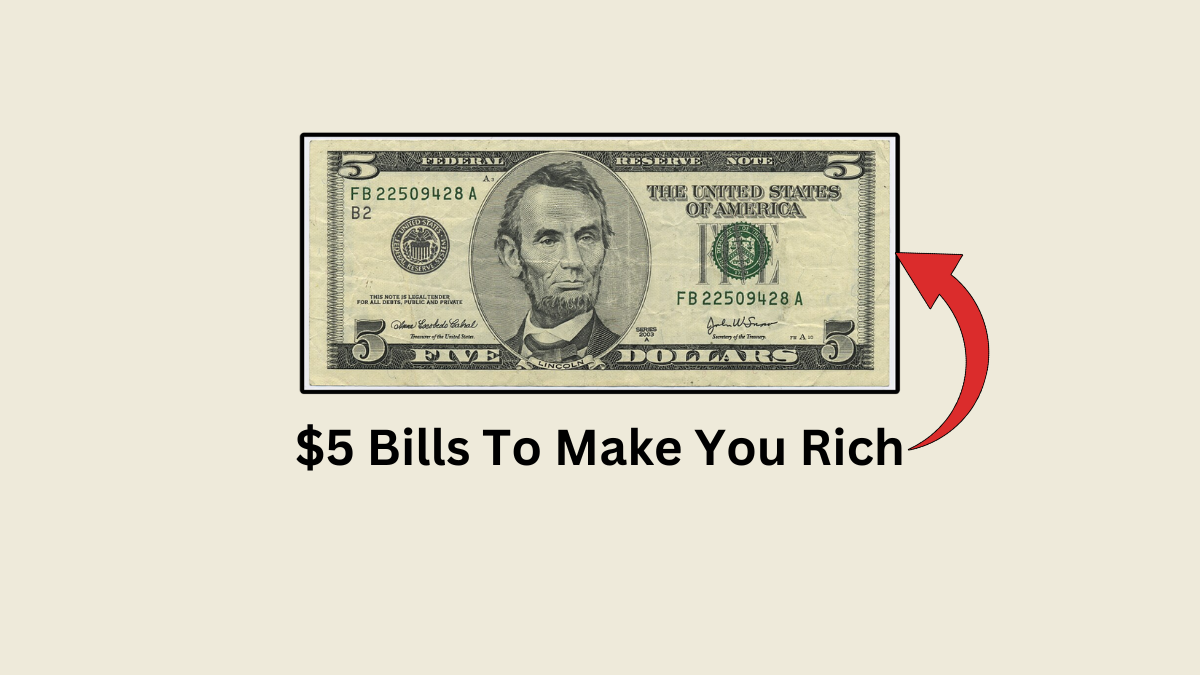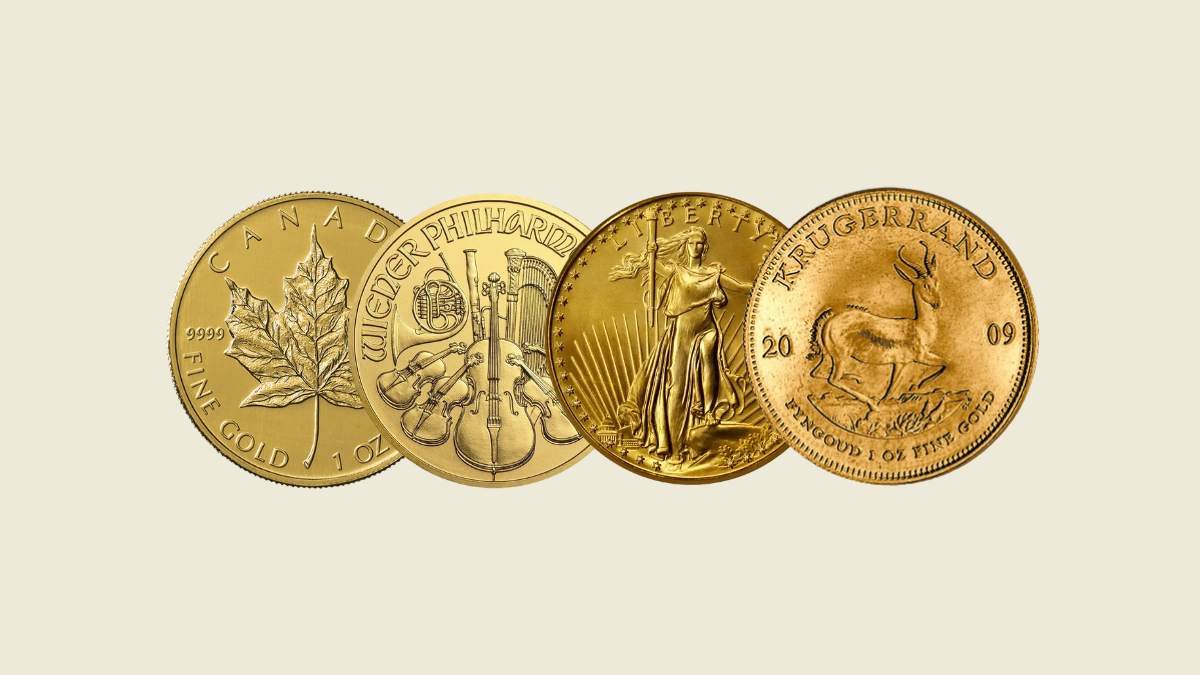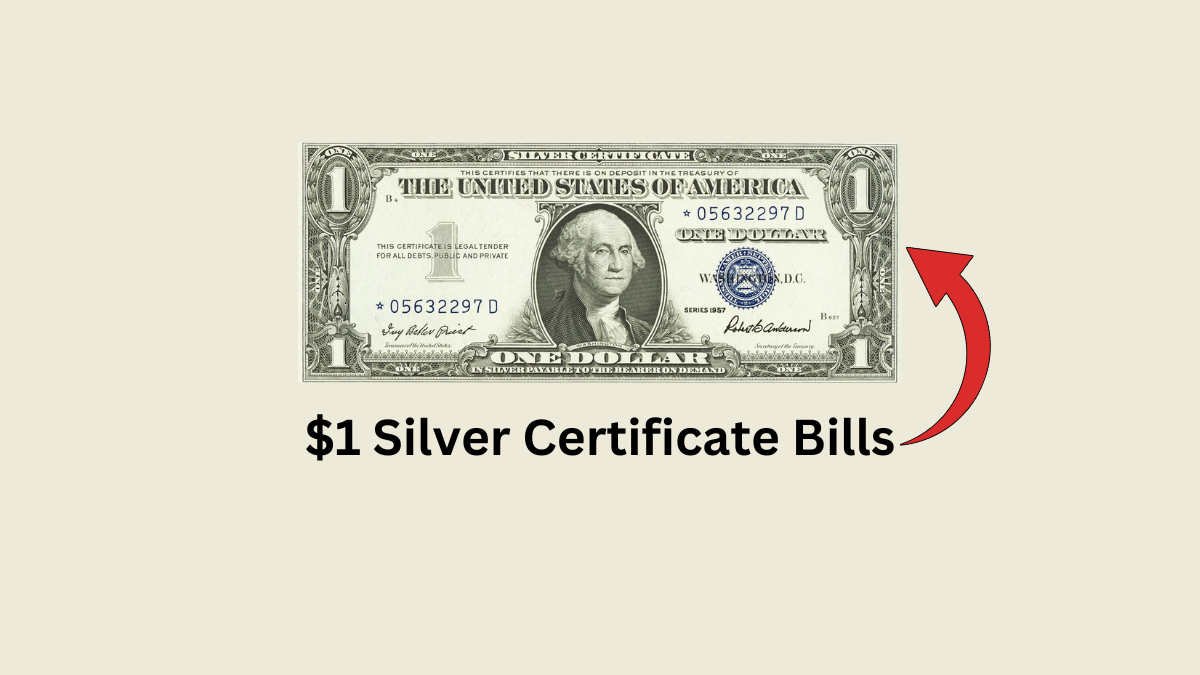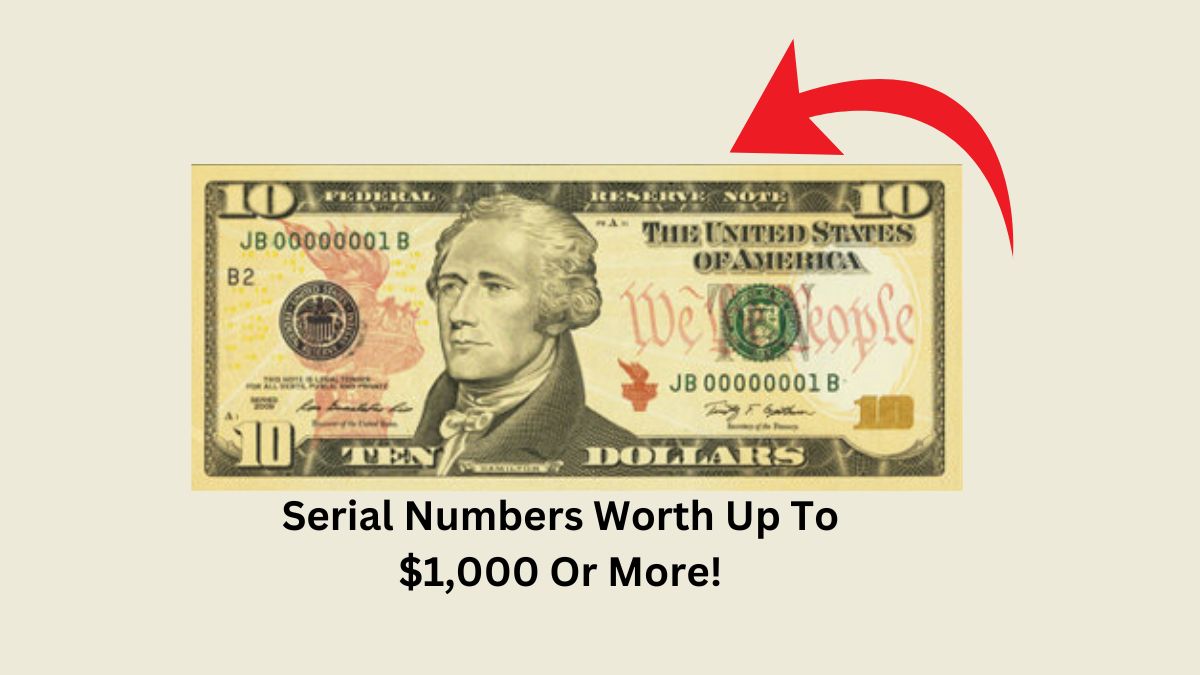The $5 bill is a common denomination in U.S. currency, but certain rare editions and errors have transformed these everyday notes into highly sought-after collectibles.
Collectors and enthusiasts are willing to pay substantial amounts for these unique pieces. Below, we explore nine notable $5 bills that have fetched impressive sums.
1. 1929 First National Bank of Aransas Pass, TX, $5 Bill
This bill, graded Uncirculated 64, sold for $3,360. Its value stems from its pristine condition and the rarity associated with the issuing bank.
2. 1875 First National Bank of Dallas, TX, $5 Bill
In very good to fine condition, this note commanded $8,165. The red seal and historical significance contribute to its high value.
3. 1902 National Bank of Garland, Texas, $5 Bill
This fine to very fine graded bill sold for $1,380. The depiction of President Benjamin Harrison and the scarcity of Garland bank notes enhance its desirability.
4. 1882 Farmers National Bank of Hempstead, Texas, $5 Bill
Graded Very Good 8, this note fetched $4,140. Its historical context and limited issuance make it a valuable collector’s item.
5. 1861 Petersburg, VA – Bank of the City of Petersburg, $5 Bill
In very fine condition, this bill sold for $240. The unique imagery and Civil War-era issuance contribute to its collectible status.
6. 1899 $5 Silver Certificate (“Indian Chief Note”)
Known as the “Indian Chief Note,” this gem new 65 graded bill sold for $5,400. It features a portrait of Sioux Chief Running Antelope, making it the only U.S. paper currency to depict a Native American chief by name.
7. 1934 $5 Silver Certificate
This mint state 64 graded note sold for $402. Its low serial number and wide margins contribute to its value among collectors.
8. 1907 $5 Legal Tender (“Woodchopper Note”)
Graded New 62, this bill fetched $11,500. The unique design and eight-digit serial number make it exceptionally rare.
9. 1995 $5 Federal Reserve Note with Error
This almost uncirculated 58-graded bill sold for $4,312.50. The dramatic printing error, with a misaligned overprint, significantly increases its value.
| Year | Description | Grade | Sale Price |
|---|---|---|---|
| 1929 | First National Bank of Aransas Pass, TX | Uncirculated 64 | $3,360 |
| 1875 | First National Bank of Dallas, TX | VG-Fine | $8,165 |
| 1902 | National Bank of Garland, Texas | Fine-Very Fine | $1,380 |
| 1882 | Farmers National Bank of Hempstead, Texas | Very Good 8 | $4,140 |
| 1861 | Petersburg, VA – Bank of the City of Petersburg | Very Fine | $240 |
| 1899 | $5 Silver Certificate (“Indian Chief Note”) | Gem New 65 | $5,400 |
| 1934 | $5 Silver Certificate | MS 64 | $402 |
| 1907 | $5 Legal Tender (“Woodchopper Note”) | New 62 | $11,500 |
| 1995 | $5 Federal Reserve Note with Error | AU 58 | $4,312.50 |
Factors Influencing The Value of $5 Bills
Several factors influence the value of a $5 bill:
- Condition (Grade): Bills in uncirculated or mint condition command higher prices.
- Rarity: Limited issuance or unique features increase a bill’s value.
- Historical Significance: Notes from notable periods or unique designs are more desirable.
- Errors: Printing mistakes can make a bill particularly valuable to collectors.
FAQs
What makes a $5 bill valuable to collectors?
Factors such as rarity, condition, historical significance, unique serial numbers, and printing errors can increase a $5 bill’s value.
How can I determine the value of my $5 bill?
Consulting a currency appraisal expert or referencing recent auction results can provide insights into your bill’s value.
Are misprinted $5 bills worth more than their face value?
Yes, misprints can significantly increase a bill’s value, especially if the error is unique or dramatic.
Do older $5 bills always have higher value?
Not necessarily. While age can contribute to value, factors like rarity, condition, and demand play more significant roles.
Where can I sell a rare $5 bill?
Rare $5 bills can be sold through currency dealers, auction houses, or online platforms specializing in collectible currency.




